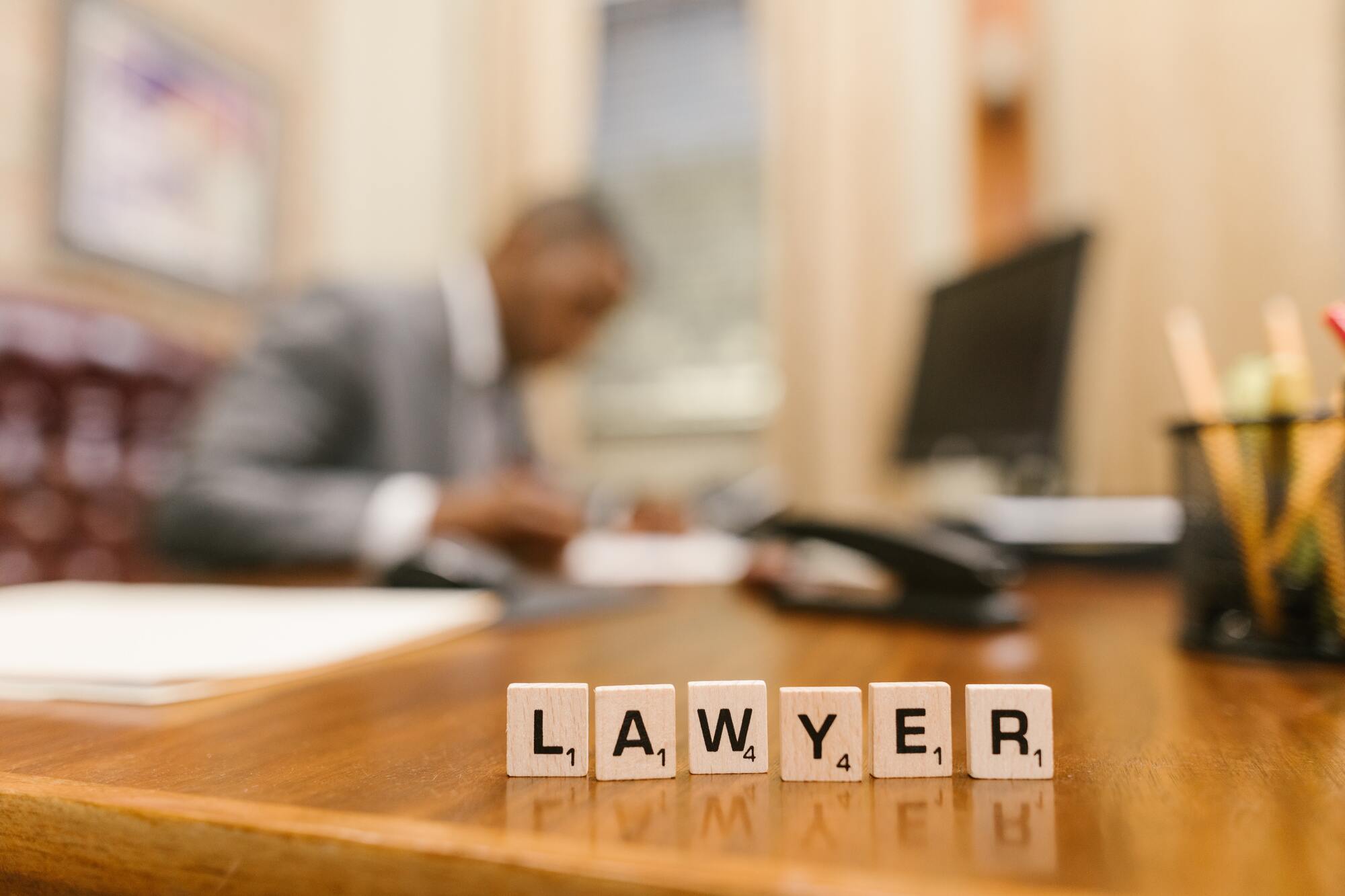Facing felony charges is a serious and life-altering experience. The right attorney can mean the difference between a favorable outcome and severe consequences. When selecting the best felony charges attorney for your case, you must consider various factors, including experience, reputation, communication skills, and legal strategy. Here’s a comprehensive guide to help you choose the right attorney for your situation.
- Understand the Importance of a Felony Defense Attorney
 Felony charges are more severe than misdemeanors and often carry penalties such as significant fines, probation, or long-term imprisonment. Given the gravity of the situation, hiring a skilled felony defense attorney is crucial. A good attorney will not only defend your rights but also work to reduce or dismiss the charges when possible.
Felony charges are more severe than misdemeanors and often carry penalties such as significant fines, probation, or long-term imprisonment. Given the gravity of the situation, hiring a skilled felony defense attorney is crucial. A good attorney will not only defend your rights but also work to reduce or dismiss the charges when possible.
- Seek an Attorney with Experience in Felony Cases
Not all defense attorneys are the same. When facing felony charges, you need a lawyer with extensive experience in handling serious criminal cases. Ask about their background:
- How many felony cases have they handled?
- What were the outcomes of similar cases?
- Do they specialize in the type of felony you are charged with (e.g., drug offenses, violent crimes, white-collar crimes)?
An attorney with a strong track record in felony cases is more likely to understand the complexities of the legal system and craft a solid defense strategy.
- Check Credentials and Reputation
Before hiring an attorney, research their credentials and reputation. Some key aspects to consider include:
- Their education and legal training
- Membership in professional organizations (e.g., National Association of Criminal Defense Lawyers)
- Any disciplinary actions or complaints filed against them
Additionally, reading online reviews and client testimonials can provide insight into their effectiveness and professionalism.
- Assess Their Courtroom Experience
Some attorneys are skilled negotiators but lack courtroom experience. Since felony charges often go to trial, you need a lawyer who is comfortable arguing in court. Ask about their:
- Trial experience and success rate
- Confidence in presenting cases before a judge and jury
- Ability to handle cross-examinations and legal objections
An attorney with strong litigation skills can make a significant difference in the outcome of your case.
- Evaluate Their Communication and Availability
When facing felony charges, you need an attorney who is accessible and responsive. Your lawyer should:
- Explain legal concepts in a way you understand
- Keep you informed about your case’s progress
- Be available for meetings and consultations
A lawyer who communicates effectively can help alleviate stress and ensure you are well-prepared for court proceedings.

- Consider Their Legal Strategy
A good felony charges attorney should have a clear defense strategy tailored to your case. During the initial consultation, ask about their approach:
- Will they challenge evidence or procedural errors?
- Do they have experience negotiating plea deals if necessary?
- How do they plan to present your case in court?
A well-thought-out legal strategy increases the chances of a favorable outcome.
- Discuss Fees and Payment Plans
Legal representation can be expensive, especially for felony cases. Be upfront about fees and payment options before hiring an attorney. Ask:
- Do they charge a flat fee or hourly rate?
- Are there additional costs for expert witnesses or investigations?
- Do they offer payment plans?
Understanding the cost structure will help you avoid financial surprises down the road.
- Trust Your Instincts
Ultimately, you need an attorney you feel comfortable with and trust. Pay attention to how they treat you during your initial consultation. Are they genuinely interested in your case? Do they listen to your concerns? A lawyer who is empathetic and dedicated to your defense will be a valuable ally in your legal battle.
- Get a Second Opinion
If you’re unsure about an attorney, consult another lawyer for a second opinion. Comparing different attorneys’ approaches can help you make a more informed decision.
